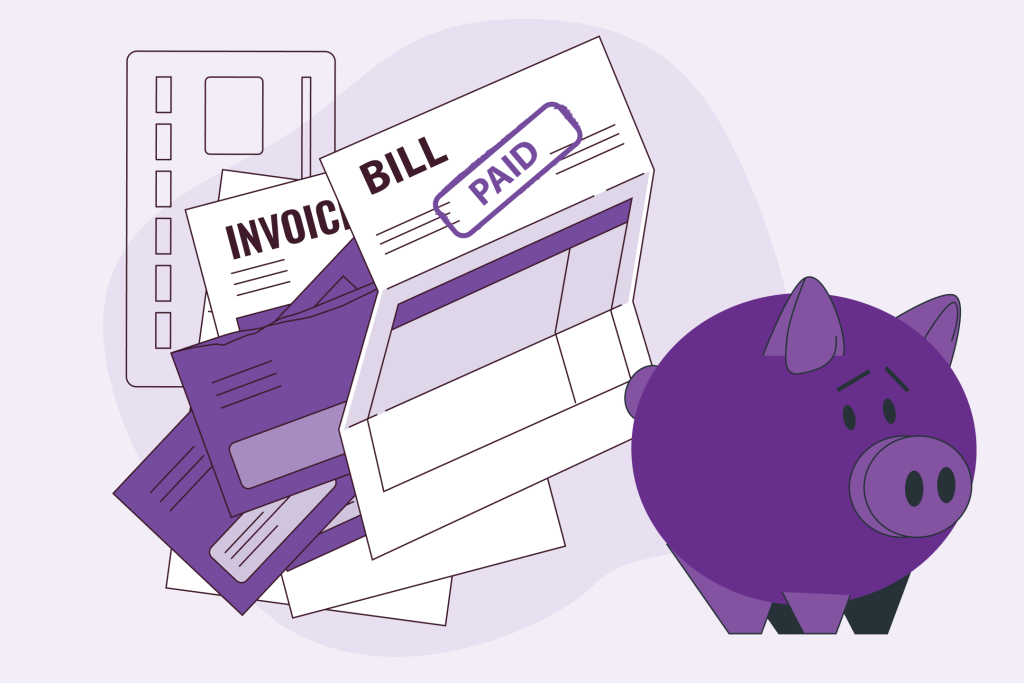Sending money to family is a form of care, but it’s important to feel and be in control of your money too.
Most times, it’s a parent’s answered prayer seeing their child leave Nigeria, in search of more; more opportunities, the ability to be more and do more for the family back home. However, unquestionable pressure comes with wanting–to do more and send money to the family, especially when the family has financed the move with expectations that you would become the primary provider.
Known as the “Black Tax,” it is always hard to turn down family members who always ask for money. And sometimes, you’re caught in a loop of working multiple jobs to make ends meet, not for your dreams, but to send money home.
It’s okay to want to send money and show you care for your family, but when you find yourself not being able to take care of yourself, then you’ll need to strike a balance for your financial well-being. So how do you deal with black tax as a Nigerian immigrant?
1. Pay Yourself First

Black tax can be a vicious cycle of generational dependence if not managed. But more than that, it takes a toll on your finances too. Before you send money home, make sure you set aside money for your savings, investing, and retirement in the way you need to. This is to make sure your financial well-being is in a good place and you’re not putting yourself at risk in case there’s an emergency. So don’t forget to live for yourself.
2. Draw Up A Budget

You can never go wrong with a budget where you allocate an amount for each family member monthly. Depending on how much you earn, you can budget a portion of it. For instance, you can allocate 20% or 10% of whatever you earn. Once you finish that portion, be firm not to accept any other request except if it is a life-threatening issue.
3. Learn To Say No

If you struggle to decline requests for money, you will likely find yourself frequently in situations where you are expected to send money. As a rule of thumb, people will often test the boundaries of others’ generosity as long as they can’t say no. If it isn’t a case that is a life-threatening one and doesn’t pass your budget, then say no.
4. Focus On Necessities

Give enough but have a limit. There’s a difference between giving to help and spoon-feeding able-bodied people who feel entitled to your hard-earned money even with the littlest things. Focus on the necessities around survival needs like feeding, housing, schooling, and health. It’s important to be clear about what you are unwilling to contribute to – set a limit on the amount of financial support you can provide or narrow down alternative ways to help.
5. Set A Black Tax Deadline

Do you want to pay black tax 30 years from now? If the answer is no, then try to figure out ways to make your family to be more financially independent. You can set up a business, encourage them to invest, help them find well-paying jobs, or send them to school. This is how they will become more sustainable and it also establishes that you’re here to help and not be a cash cow forever.
6. Keep Your Income Private

Your family does not need to know how much you earn. In fact, when people know how much you earn, it’s easier for them to be entitled to your help. Try as much as possible to not talk about the value of what you earn.
Black tax can turn your family and loved ones’ financial situations around when done right. However, it could leave you in a financial crisis if you don’t know when to draw the line and say no to some requests.
Now, if you’re living in Canada, you can easily send money back home using CadRemit. It’s a quick and convenient way to support your family without putting a strain on your finances. Just remember, it’s important to take care of yourself first before helping others.




